At the annual Tomatina fiesta on Wednesday 160 tonnes of ripe tomatoes were offloaded from trucks into a crowd of over 22,000 half-naked revellers who packed the streets of Buñol for an hour-long battle.
Locals and visitors pelted each other with tomatoes, leaving the streets of the eastern town which is home to just 10,000 people awash with red pulp.
The Tomatina started in 1945 when local youths brawling in the street seized tomatoes and other produce from a greengrocer's stall and let loose.
Cash-strapped local authorities in 2013 began charging an entry fee and hired a private company to sell tickets.
The colourful event has been featured in several movies, such as the 2014 British romantic comedy “Walking on Sunshine” and the 2011 Indian road movie “Zindagi Na Milegi Dobara”, as well as in television ads for global brands.
“It's an honour but also a great responsibility because everyone has their eyes fixed on us,” said Buñol mayor Rafael Perez.
Export product
Buñol registered the festival as a brand in 2002. As a result the village collects rights from firms that have used the Tomatina for its adverts, such as South Korean tech giant Samsung and Australian travel insurance provider Cover Moore.
Each film shooting generates around 300,000 euros ($335,000) for the town from the rights, as well as from providing housing and food for the visiting film crews, according to the official web page of the Tomatina.
Buñol city hall cooperates with other cities which want to hold its own version of the Tomatina for free because it provides publicity for the town and its festival, said Perez.
“At the end of the day what everyone wants is to go to the original version, which is ours, so it is to our advantage,” he added.
Versions of the Tomatina have been held annually or as one-off events in Colombia, Chile, Cuba, India, South Korea and the United States.
“We always try to cooperate with anyone who wants, so that the image of the Tomatina is reinforced abroad,” said Perez.
Giant ball and wine
Other Spanish towns with unusual festivals are seeking to copy Buñol's success.
The tiny town of Mataelpino near Madrid registered its annual fiesta, dubbed the “Boloencierro”, which involves pitting daredevils against a giant 200-kilo (440-pound) polystyrene ball as it gathers steam heading downhill towards the village bullring.
The ball – three metres in diameter – has since 2010 replaced bulls used in a traditional bull run in which daredevils raced ahead of a pack of half-tonne fighting bulls along a similar route. The risk is real – the ball has injured several participants.
The switch was motivated by Spain's economic downturn which forced towns like Mataelpino to cut costs on its annual festivals and it has proven popular.
The town holds the “Boloencierro”, a combination of the Spanish words for “ball” and “bull run”, every August.
Mirroring the example of Buñol, Mataelpino is helping six other Spanish towns to hold their own versions of the Boloencierro this year. The goal is to draw more visitors to its own event.
“The municipality is trying to use this festival as a tourist draw,” said Mataelpino mayor Javier de los Nietos.
The town of Haro in the northern La Rioja wine-making region began the process this year to have its annual “wine fight” declared a “Festival of International Interest.”
The event sees thousands of locals and tourists celebrate St Peter's day in June by throwing thousands of litres of wine at each other, with buckets, wineskins or water pistols.
By Diego Urdaneta

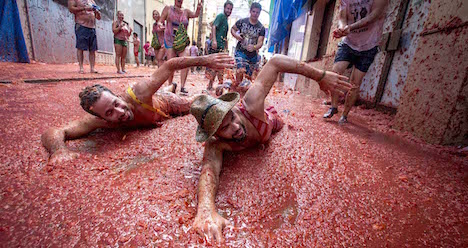
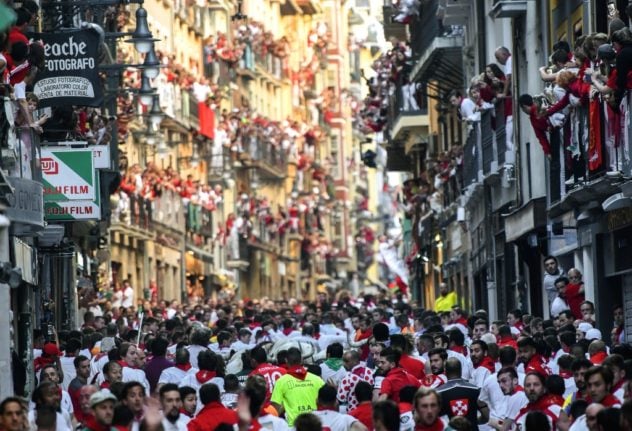
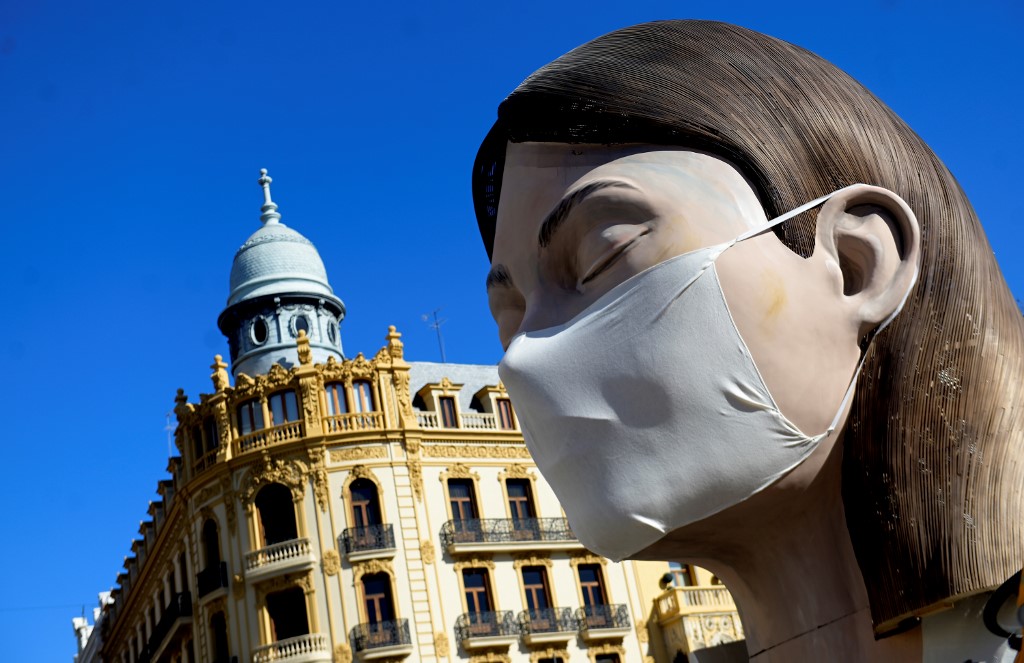
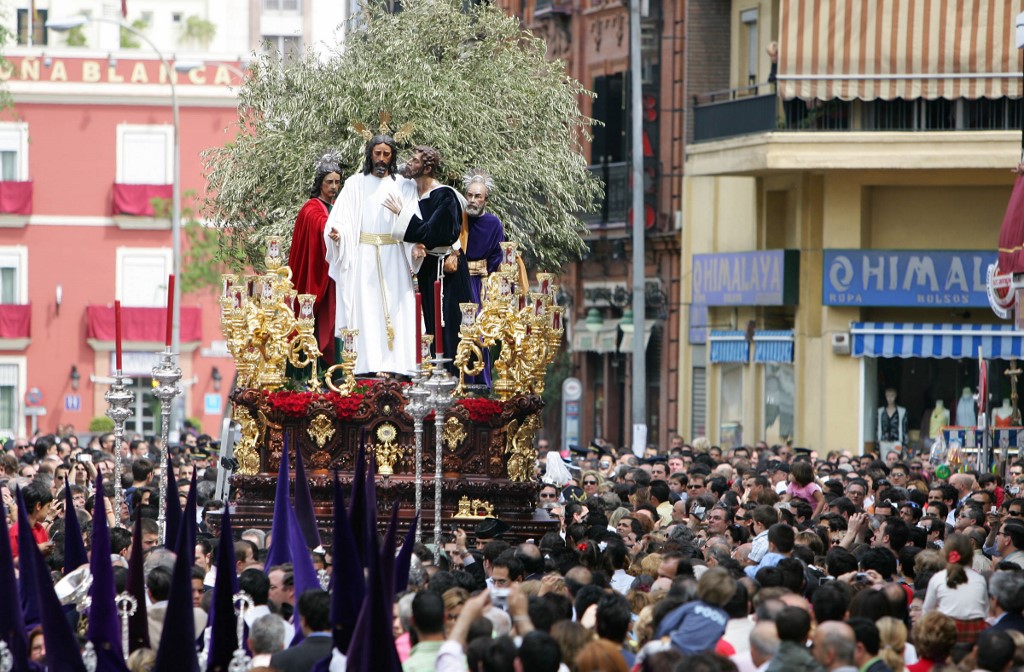
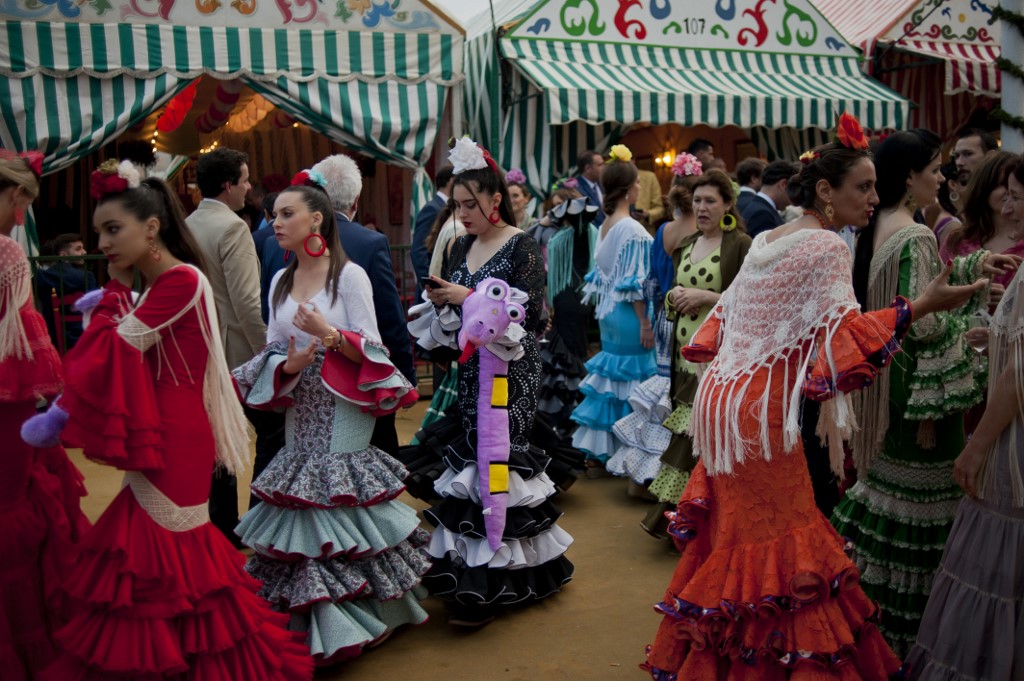

 Please whitelist us to continue reading.
Please whitelist us to continue reading.